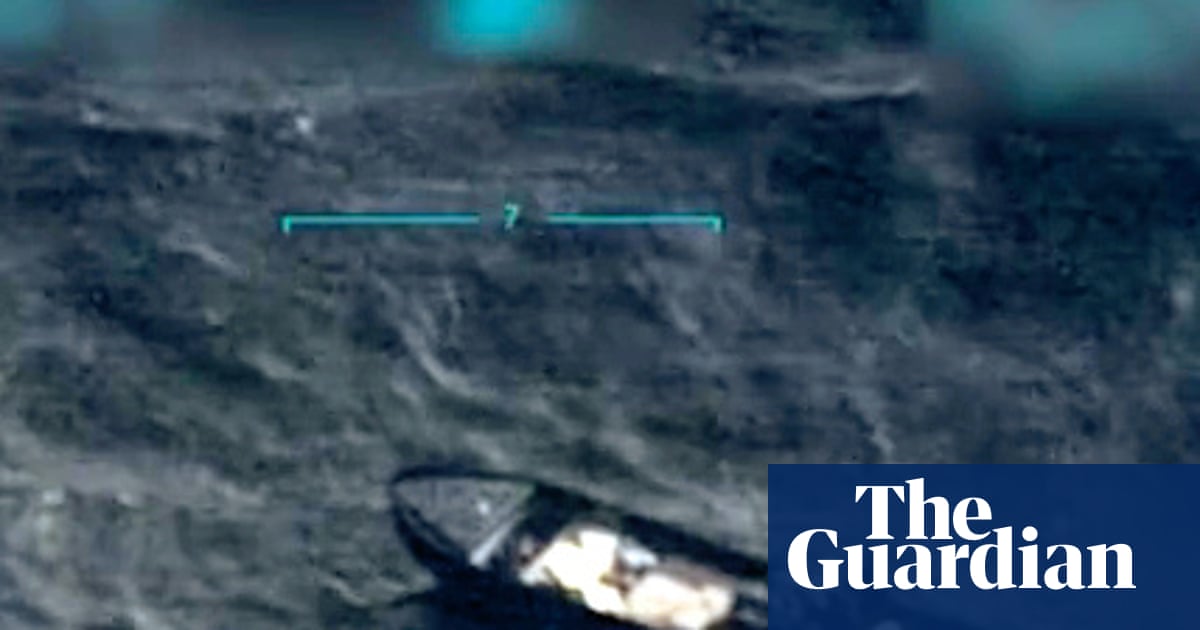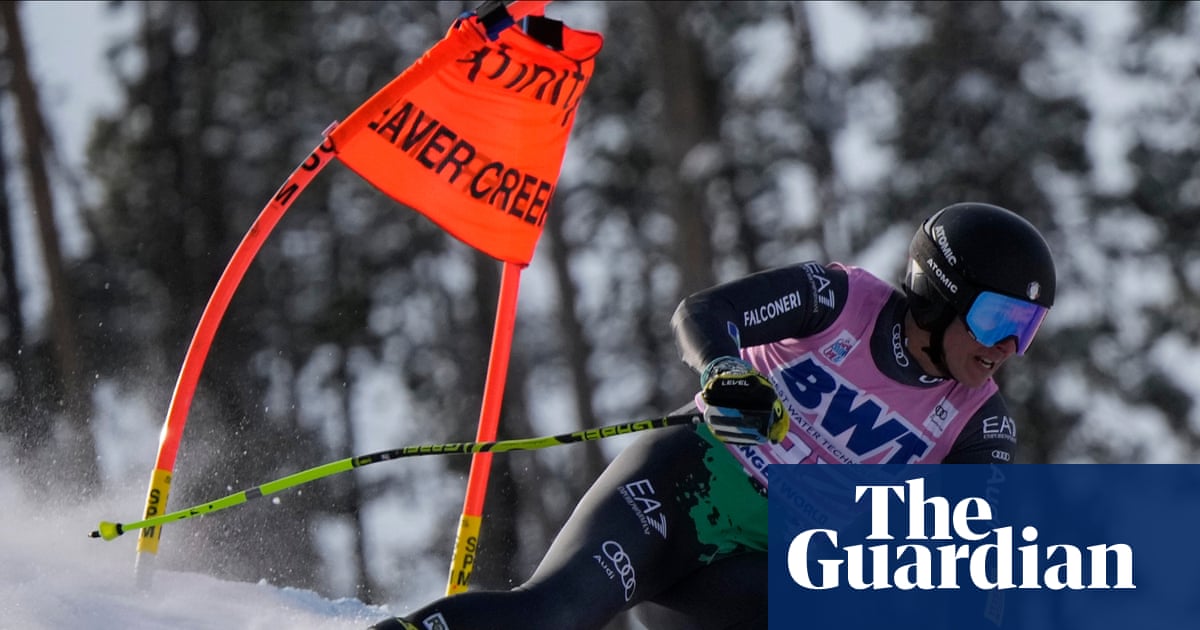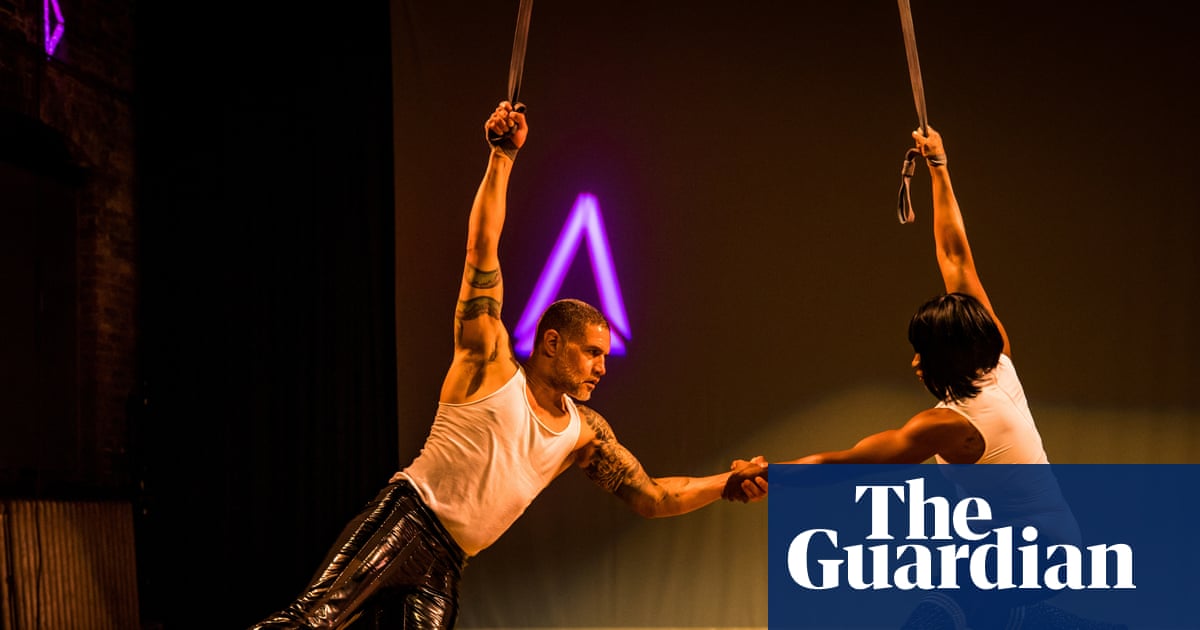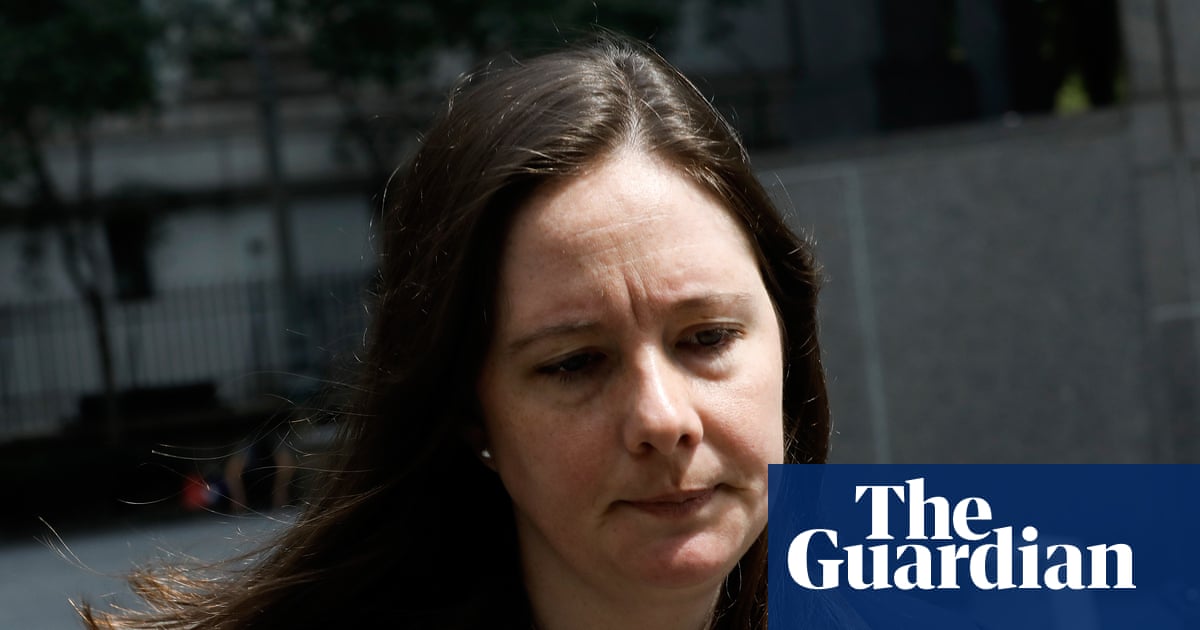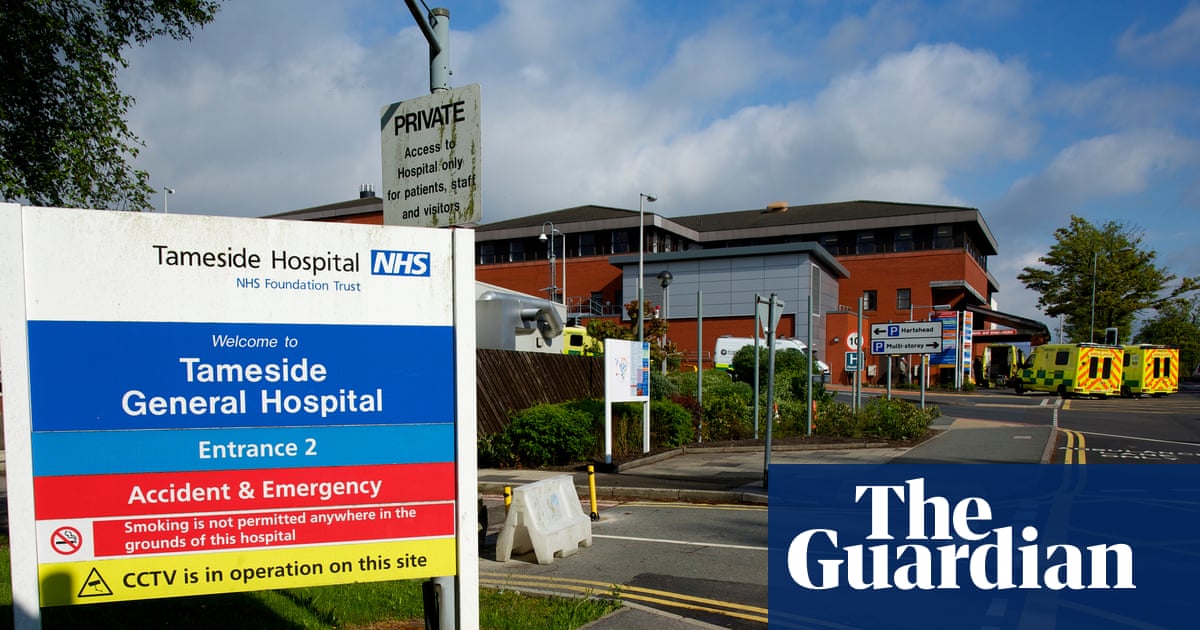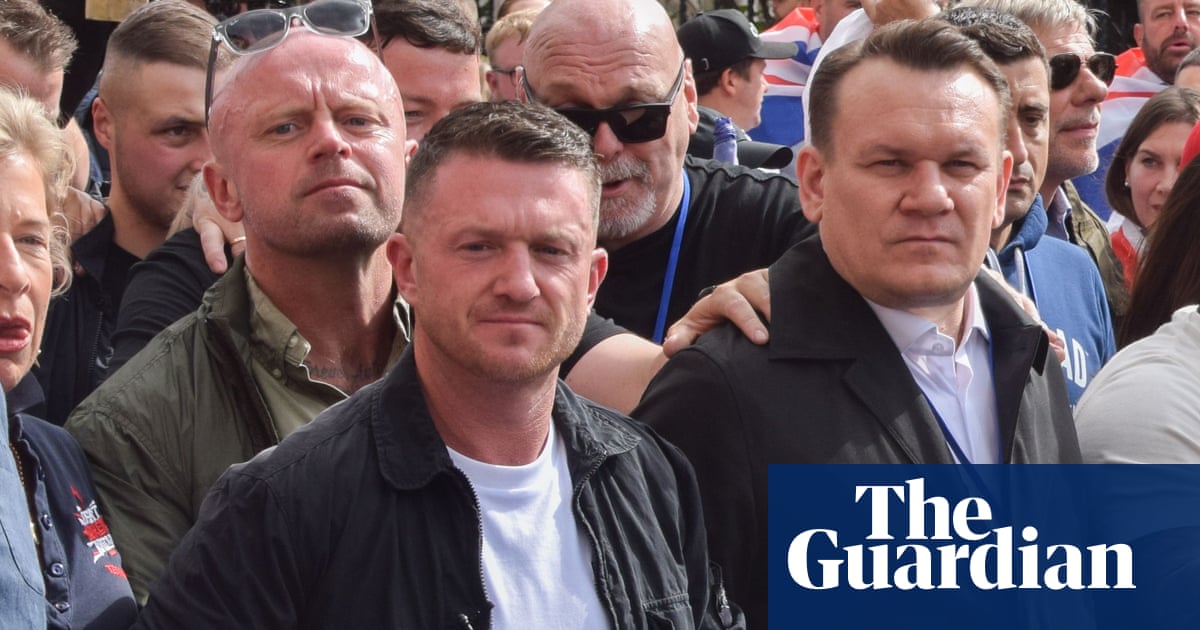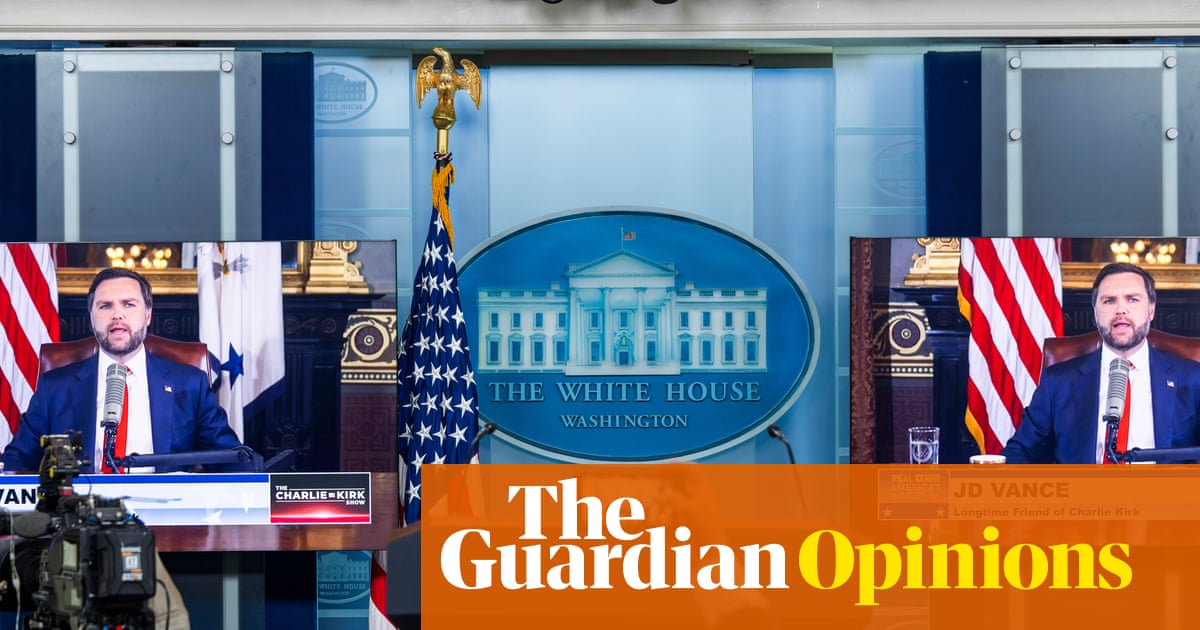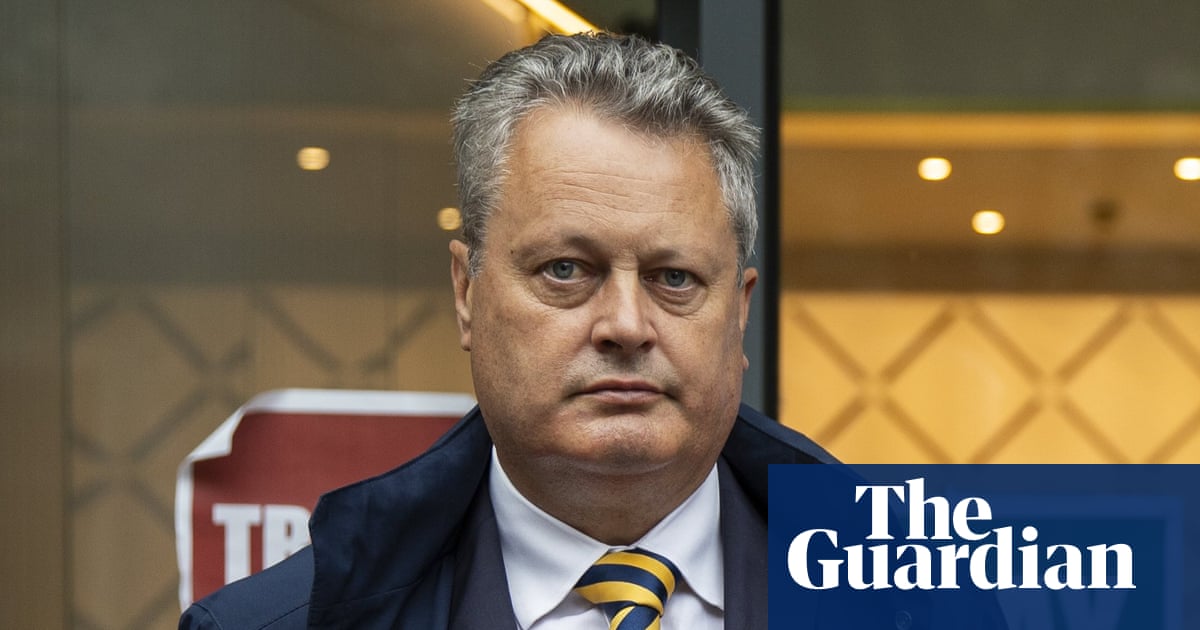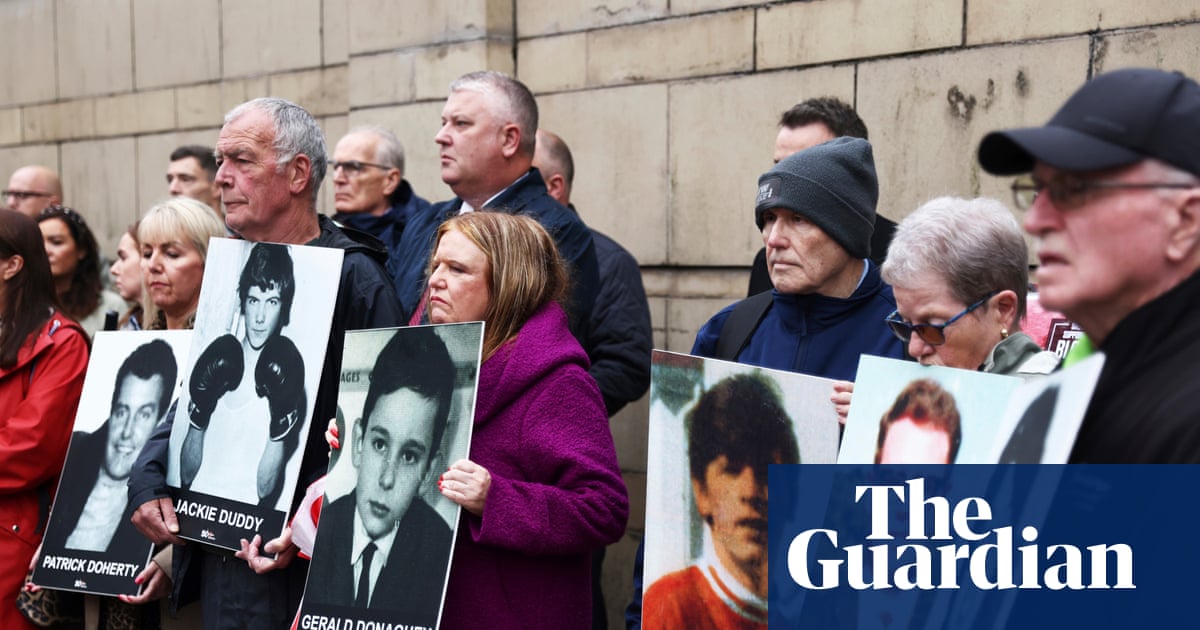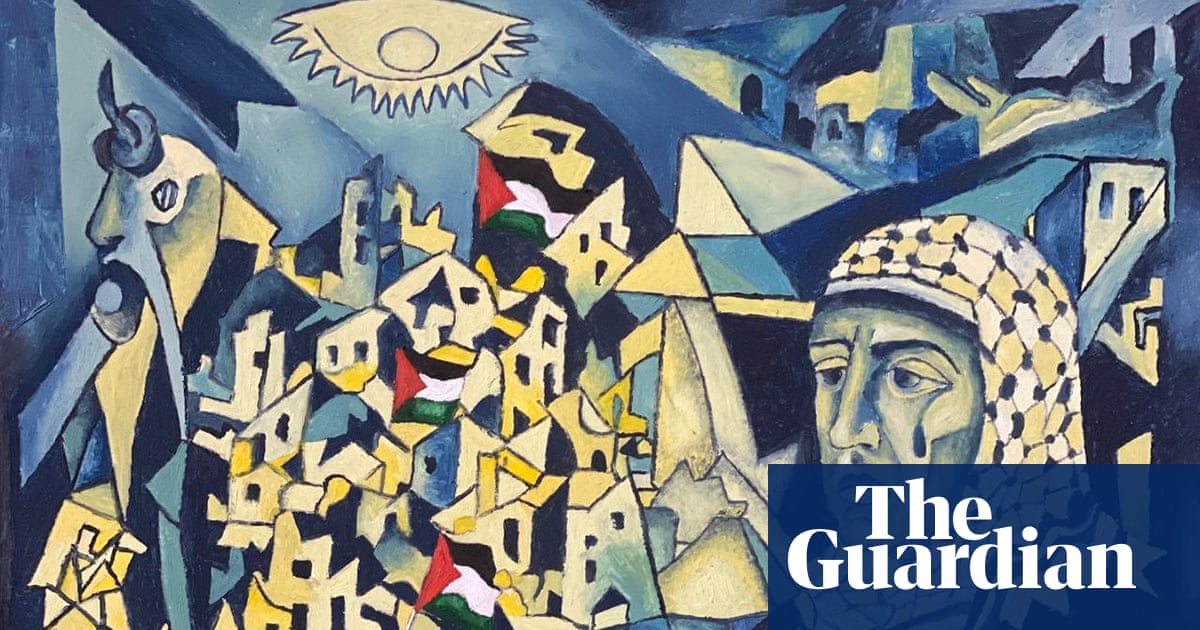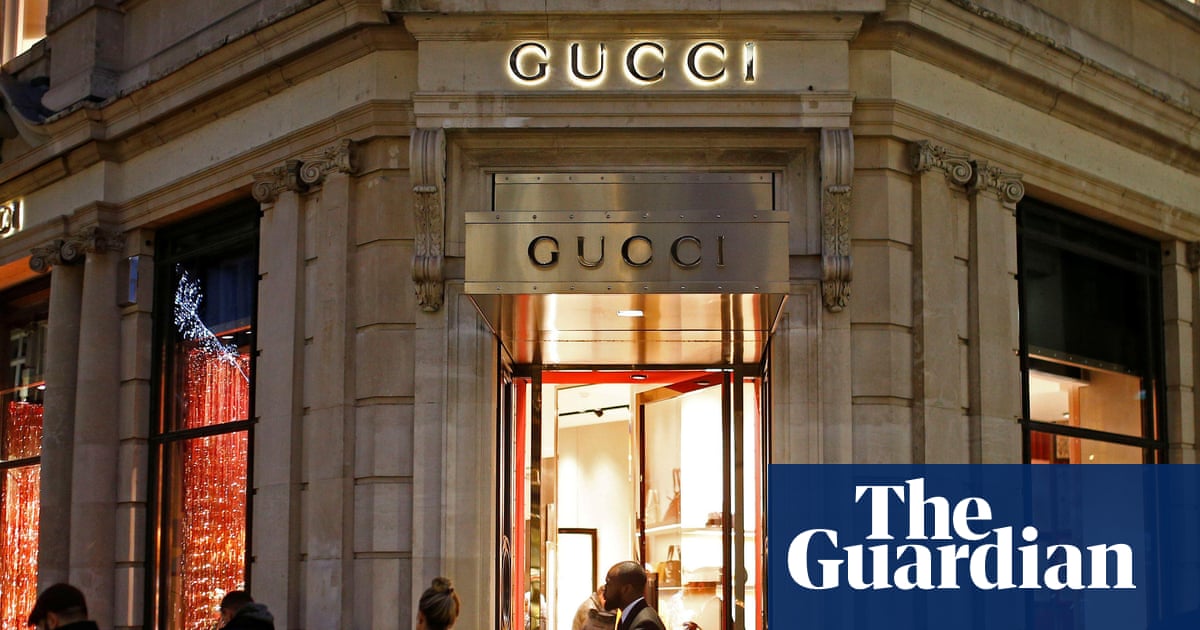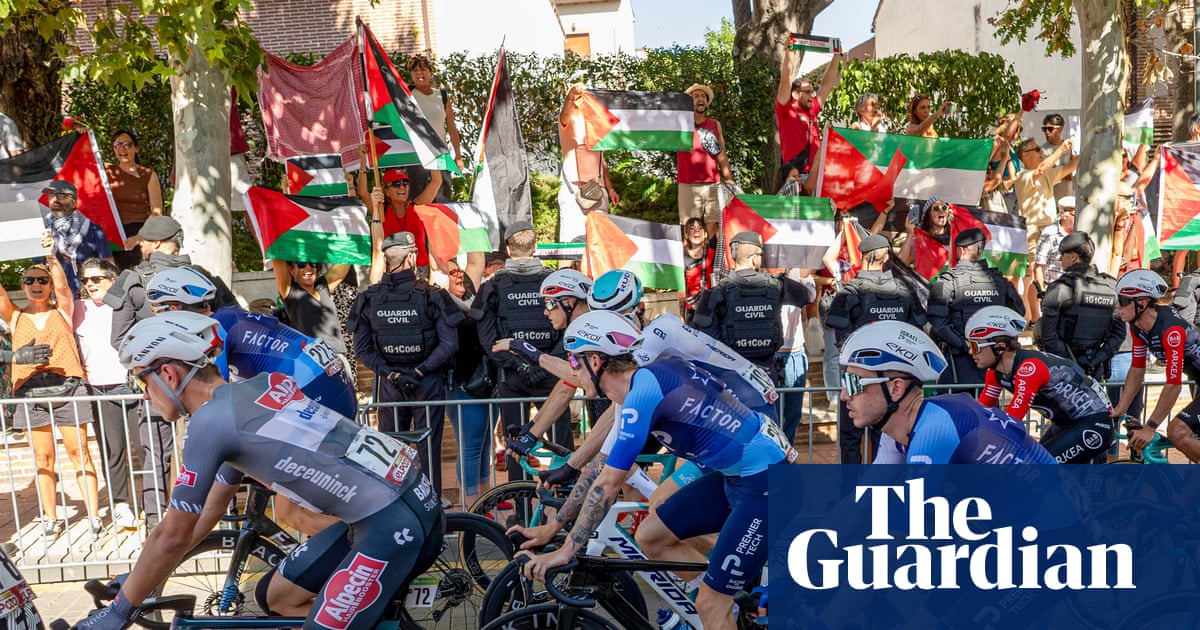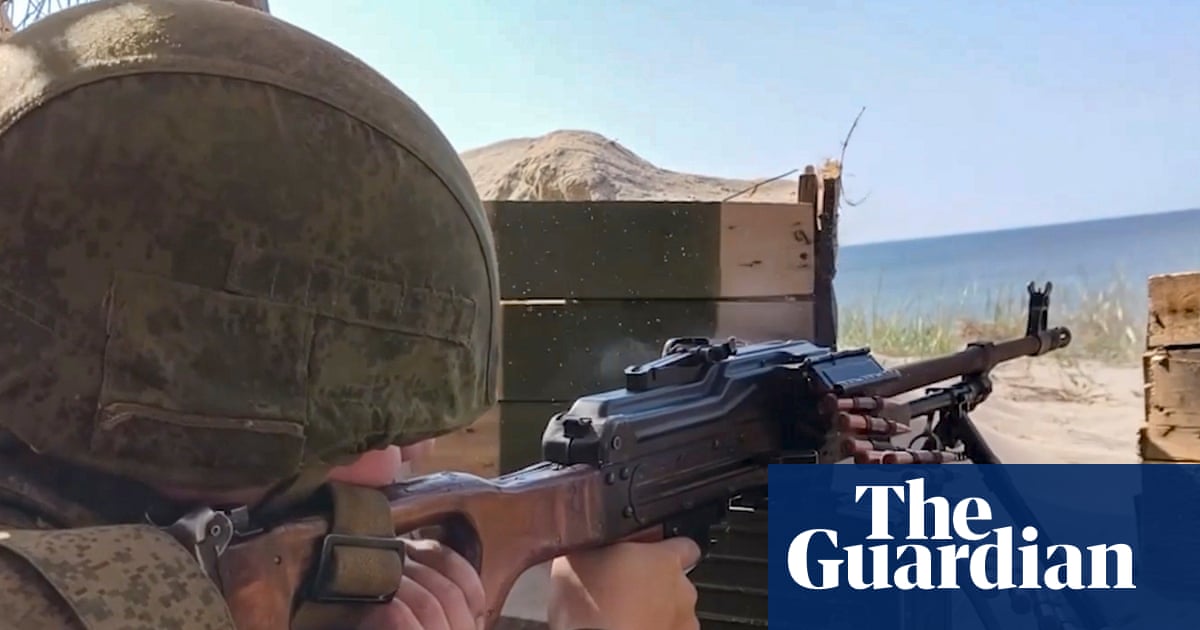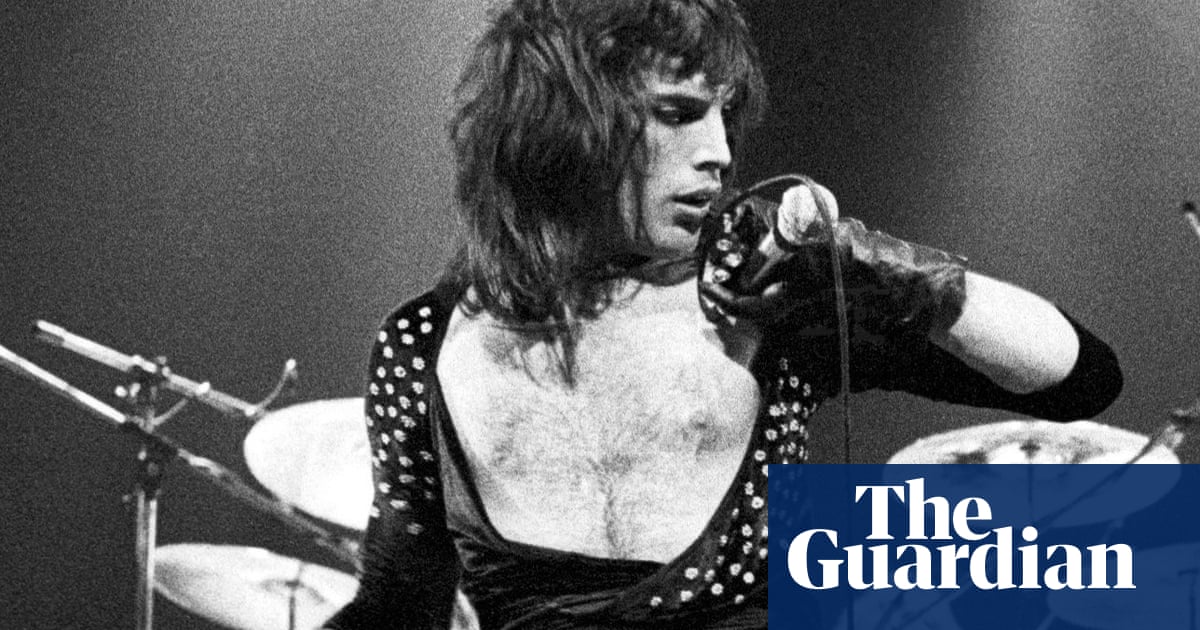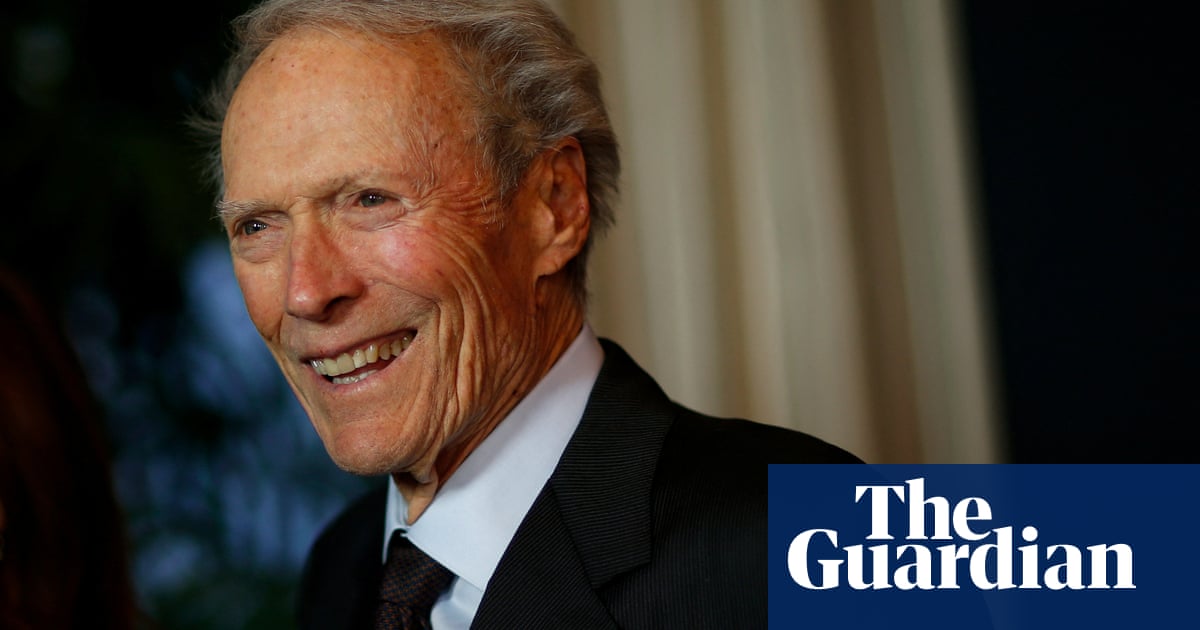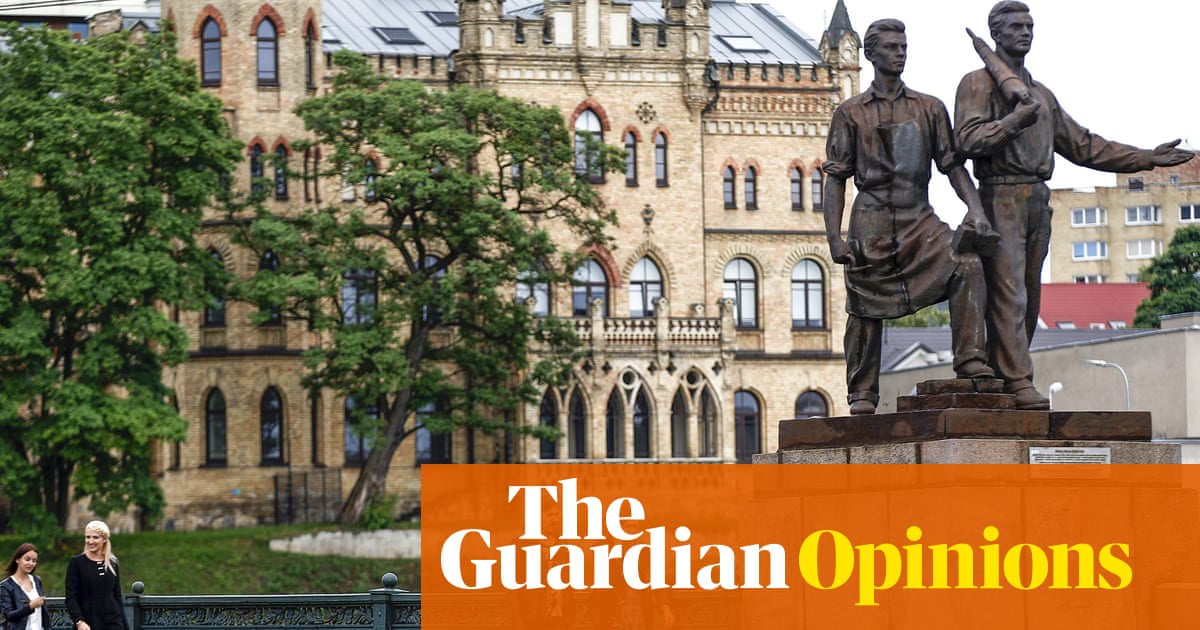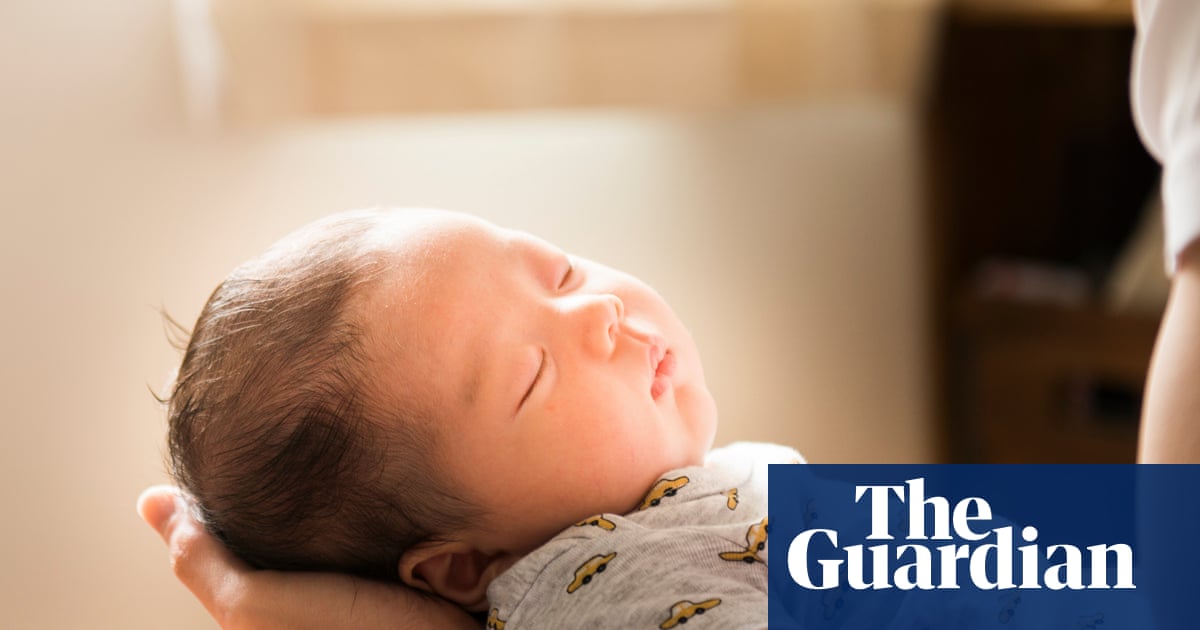Adele Zeynep Walton knew something was wrong when she stumbled out of her caravan in the New Forest at 8am – she was camping with her boyfriend – and, through her sleepy fog, saw her parents’ car driving towards her. Initially annoyed by the idea of a family walk so early in the day, she then noticed that the car was veering off the track and, as it drew closer, her mother looked “hysterical”. “Straight away,” she says. “I was like, ‘It’s Aimee.’”
Aimee, Walton’s younger sister, was 21 and had suffered from poor mental health for some months. She loved music technology and art – her accomplished self-portraits dot the walls of the family’s home in Southampton, where her bedroom has been left exactly as it was before her death. She was such a big fan of the singer Pharrell Williams that he called her up five times to dance on stage at his concerts. But, with her mental health deteriorating, she had become harder and harder to reach. For two months, “we didn’t know where she was, what she was doing,” Walton says.
In the New Forest, on that morning in October 2022, Walton found out the awful truth: Aimee had been found dead in a hotel room in Slough, Berkshire. She appeared to have taken her own life. In the days, weeks and months that followed, Walton and her family would learn that Aimee’s path to the hotel had been laid with the help of a complex network of online connections.
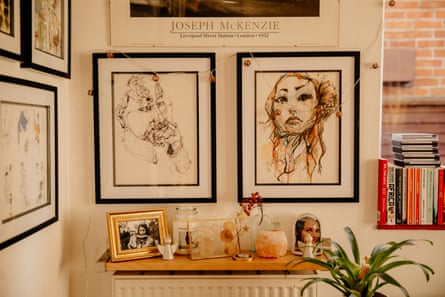
Walton, 25, a journalist, pieced together that Aimee had spent time on a pro-suicide forum that the Guardian has chosen not to name. The site has been connected to at least 50 deaths in the UK, and is now being investigated by the regulator Ofcom under the Online Safety Act. According to the police investigating her death, it was on this forum that Aimee learned how to procure the substance that killed her, and how she met a man who flew from the US to Heathrow to accompany her while she died. (He was initially charged with assisting suicide, but no further action was taken.)
Sitting in the garden of her parents’ house in Southampton, Walton explains how she came to write about what had happened. Her book, Logging Off: The Human Cost of Our Digital World, is partly the story of her sister, and partly a much broader call to arms to ordinary web-browsing, doom-scrolling, social-media-posting mortals to wake up to the harms that a largely unregulated digital world permits and perpetuates.
“I thought: I need to pour all my efforts into digging deeper into this. Why are the general public not aware of these constant harms that are happening? Because it is constant. Pretty much every month I learn of a new family … And it’s like, we’ve been going on about this to MPs. Why is this still happening?” She mentions Vlad Nikolin-Caisley, also from Southampton, who died after reportedly using the same suicide forum that Aimee used; earlier this month, a woman was arrested on suspicion of assisting his suicide.
When the pre-inquest review into Aimee’s death happens in June, Walton hopes that the online factors will be brought within the scope of the inquest, and that at the inquest itself in September, “online harms” will be cited as a cause of, or contributing factor to, her sister’s death.
It’s a phrase she learned only recently. “Until we lost Aimee, I didn’t know what ‘online harm’ meant,” she says. She first heard the term from Ian Russell, father of Molly, and campaigner for online safety. Molly Russell was 14 when she took her life after viewing images and videos of self-harm, and, unusually, the coroner reported that online activity had “contributed to her death in a more than minimal way”. Walton hopes that the coroner investigating Aimee’s death will take a similar view, because she believes the word “suicide” alone heaps disproportionate responsibility on to Aimee, while leaving the digital world unaccountable and unregulated.
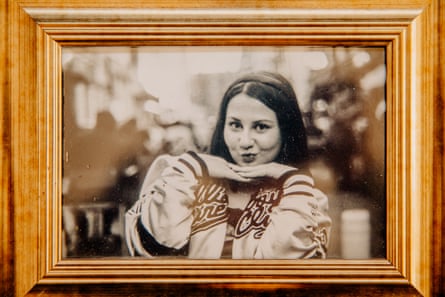
She initially described her sister’s death as “suicide” – but says that no longer feels like a faithful representation of Aimee’s demise. Because if suicide is a self-directed, injurious behaviour, how far can a person be judged to be self-directed when acting under the influence of a purposeful online community? And is a person really choosing freely, Walton asks, when algorithms, which continued to show Aimee content relating to self-harm, power a darkening circle of interest and exposure? “That’s where I have a difficulty with calling it suicide,” Walton says. “My feeling is that Aimee was groomed into making the decision.”
Her own emergent literacy around these ideas has turned Walton into a campaigner – she works with Bereaved Families for Online Safety and is a youth ambassador for People vs Big Tech. “We need to name the problem and fight against it,” she says. “Because otherwise it fuels the feeling that it’s an individual responsibility to keep ourselves safe online.”
Walton says the police reported that the man who was with Aimee in the hotel had shared a room with her for 11 days before she died. While the room filled up with Aimee’s notes, written in such distress that, Walton says, they are illegible, he later told the police he was “working”. Walton says her laywer has told her that, while the man did call 999 after Aimee took the toxic substance, he refused the instruction to perform CPR. Then there was the toxic substance, which Aimee is said to have obtained from Kenneth Law, a Canadian national who has been linked to 88 deaths in the UK, and who is under investigation by the National Crime Agency.
The forum itself was founded by two men, according to a New York Times investigation, who run a number of websites for “incels”. Wanting to retrace her sister’s last steps, Walton visited the forum herself. “A lot of the posts are basically saying, ‘Your family don’t care about you’, ‘You should do it’. ‘When are you going to catch the bus?’ is a phrase they use.”
Walton believes that what takes place on the forum “is a type of radicalisation into an extreme action that people otherwise might not even have considered.” She is haunted by the possibility that the man who was with Aimee when she died was “living out a sick fantasy as an incel who wants to see a young and vulnerable woman end her life”.
Before Aimee’s death, Walton felt neutral about technology. But, now, she believes that “the digital world is a warped distortion of our offline world, one that intensifies its pitfalls and maximises its risks”. Walton’s consideration of victims of online harms in her book ranges widely – from Archie Battersbee, who had accessed TikTok the day he suffered a catastrophic brain injury, to Meareg Amare Abrha, a university professor in Ethiopia who was killed following inciting posts on Facebook. She also considers the Amazon workers who have sought to unionise in a battle to improve pay and conditions, as well as “Tony”, her 90-year-old neighbour who suffered digital exclusion and whom Walton taught to use a smartphone.
“For so long there was this facade of technology equals progress, technology equals innovation. That’s what I really want the book to challenge,” she says. She hopes that Trump’s inauguration, “where the tech guys [Mark Zuckerberg, Tim Cook, Sundar Pichai, Jeff Bezos and Elon Musk] were lined up, was a shift for people in realising how closely these networks of power are connected”.
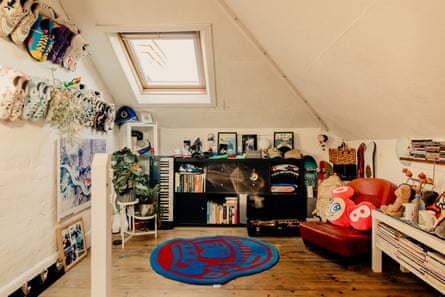
But, sometimes, she says, she feels like the digital equivalent of a 1970s climate scientist. And she is the first to admit that her relationship with technology is complex – as was Aimee’s. Her earliest memories of their playing together are set around the family computer in their parents’ bedroom.
“There’s a video of us playing, aged one and three – Chadwick and the Sneaky Egg Thief. A colouring-in game. We’d play it over and over … We grew up playing Stardoll, Club Penguin, The Sims, FarmVille. All my prominent childhood memories with Aimee involved digital technology,” she says. “Whether it’s Xbox, Nintendo, the computer … We were doing photoshoots on the ‘digicam’ from the age of eight. Just for fun!”
In a sense, Walton says, she leads “a double life”. Her book has clearly made her question her own habits. She lived in a tracksuit while writing it, but none of her Instagram posts about the project show this. She uses an app to help her reduce her screen time. She posts on TikTok about logging off. Then again, video calls enabled her family “to grieve collectively” after her sister’s death – many of her relatives live in Turkey.
Promoting the book has made it harder to stay offline. “I’m a hypocrite!” she says, because my screen time this week is nine and a half hours.” A day? “It’s disgusting,” she says. “I am normally six hours.”
And, anyway, she says, “I don’t want to present myself as perfect, like, ‘I’ve got it all under control, guys’. Because every day I’m trying again. We are up against a system that is rigged to capture our attention.”
In the book, Walton writes that “campaigning enables survivors to regain control where it’s been taken from them”, and I wonder if it functions like that for her, because the process sounds exhausting. “Did I say that?” she says, surprised. “But, if I wasn’t doing this, where would that anger go? It would fester inside me and make me ill. I need to get it out of me.”
She has recounted what happened to Aimee to support groups, her local MP (first Royston Smith, then Darren Paffey), to Peter Kyle, secretary of state for science, innovation and technology. “When we talk about online safety, often it’s child safety. And I find it really important, representing Aimee, to say, it’s not just children. We can become vulnerable at any point in our lives. And, if we only look at children’s safety we are going to see a generation get to 18 and not know how to lead safe and healthy digital lives,” she says.
“I feel it’s my duty to Aimee, because I wish I could have protected her.” Her eyes are shiny with tears that don’t fall, when she says: “I’m doing what I am doing out of love for her that a lot of the time she wouldn’t let me give to her. And I think this is something that’s common with people who are struggling with their mental health. She didn’t want people to know how much she was struggling.”
It can’t have been easy to make space to grieve between writing and campaigning. “Some days I’m like, I can’t really deal with this. Or, I just need a day in bed. Because my body is catching up with all the emotional stuff … Some days I cry because I wish I didn’t have to do this. I wish I was having my 20s and having a laugh.
“But this is my concern: people in power will only act if they feel what this grief feels like. I would not wish that on anyone. But if Mark Zuckerberg, for example, lost a child to online harms, then he’d be like, ‘Oh my God, I need to wake up.’”
Logging Off: The Human Cost of Our Digital World by Adele Zeynep Walton is published by Trapeze on 5 June (£20). To support the Guardian, order your copy at guardianbookshop.com. Delivery charges may apply.
In the UK and Ireland, Samaritans can be contacted on freephone 116 123, or email [email protected] or [email protected]. In the US, you can call or text the National Suicide Prevention Lifeline on 988, chat on 988lifeline.org, or text HOME to 741741 to connect with a crisis counselor. In Australia, the crisis support service Lifeline is 13 11 14. Other international helplines can be found at befrienders.org

 3 months ago
58
3 months ago
58


